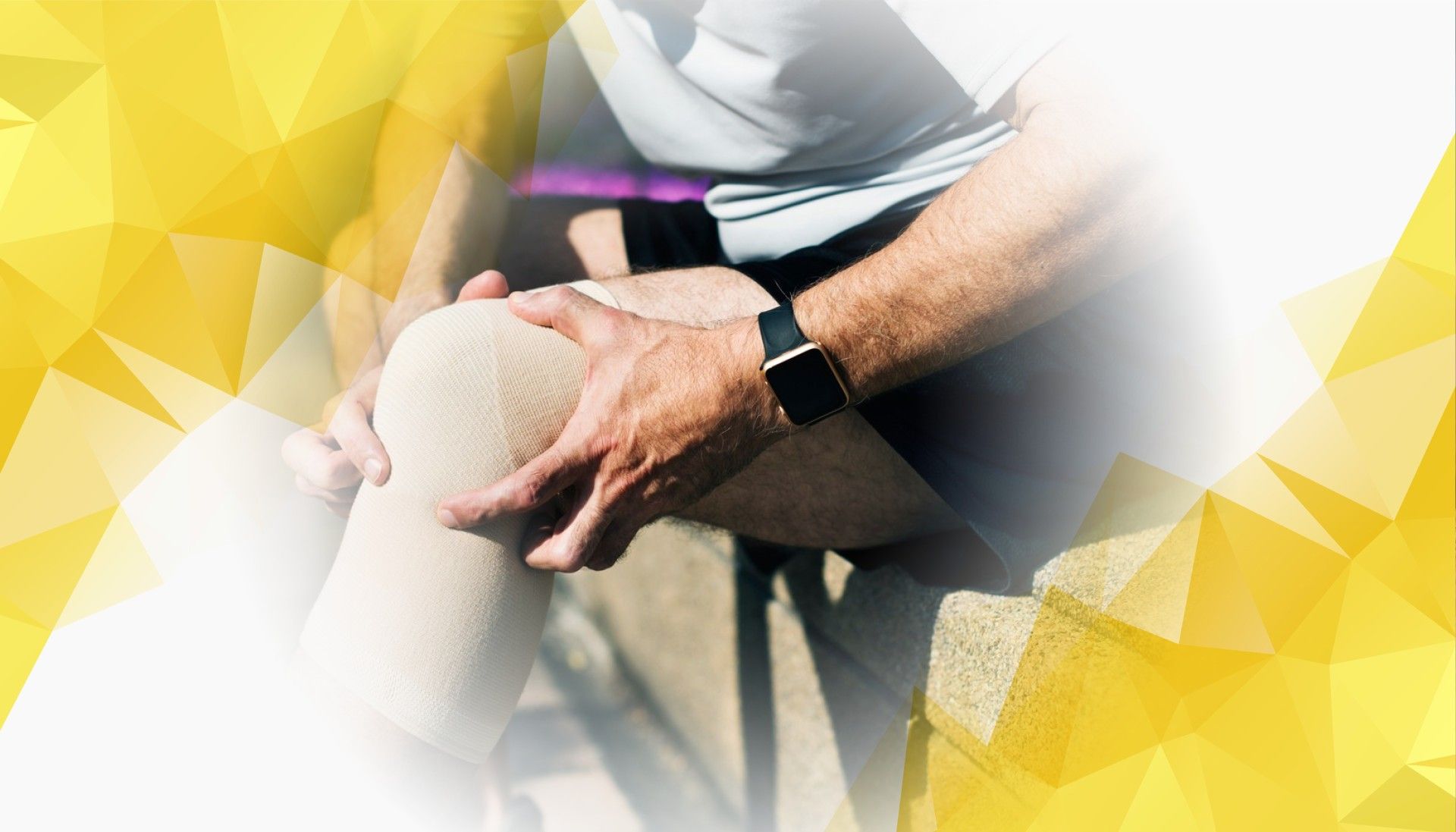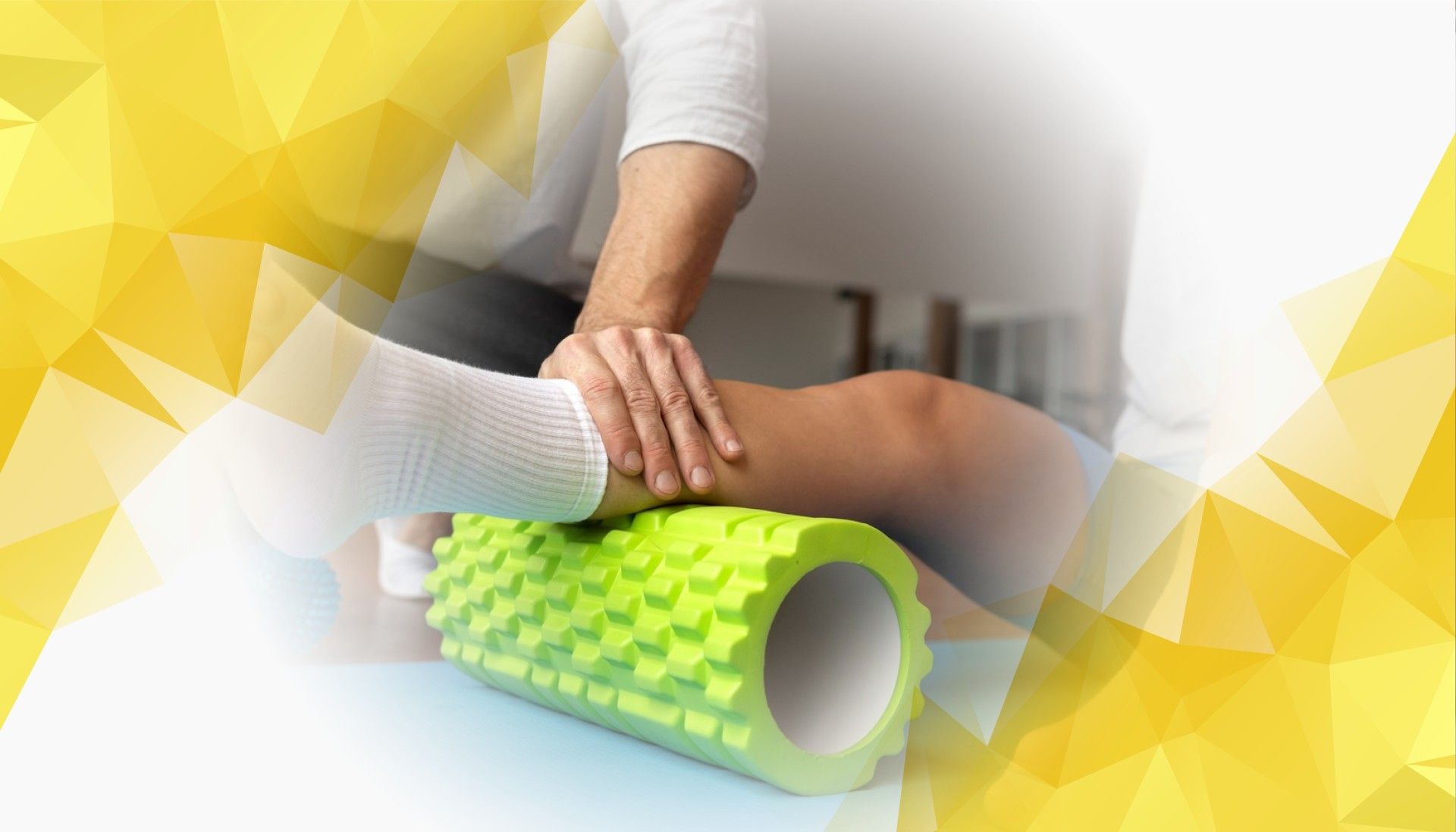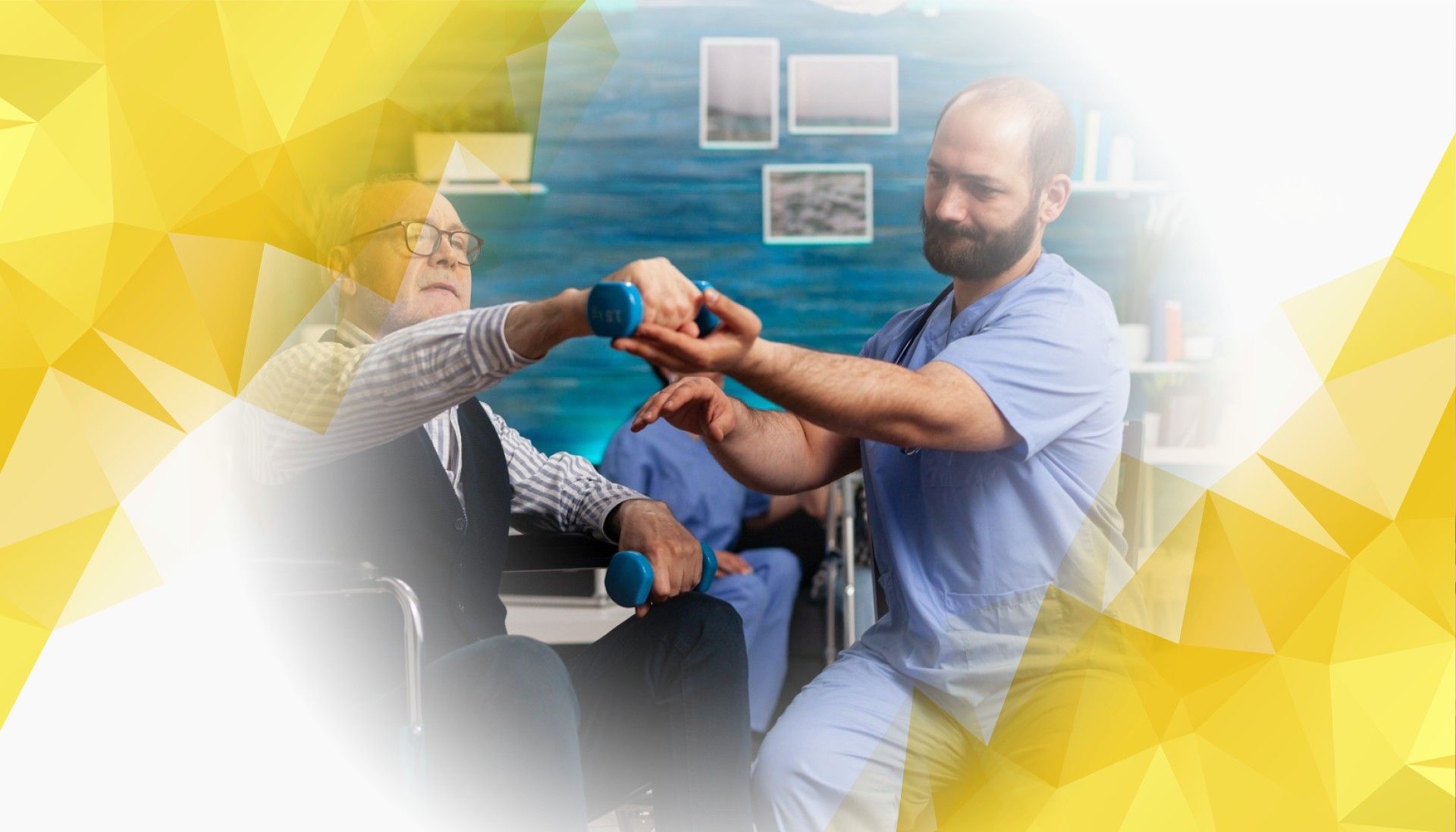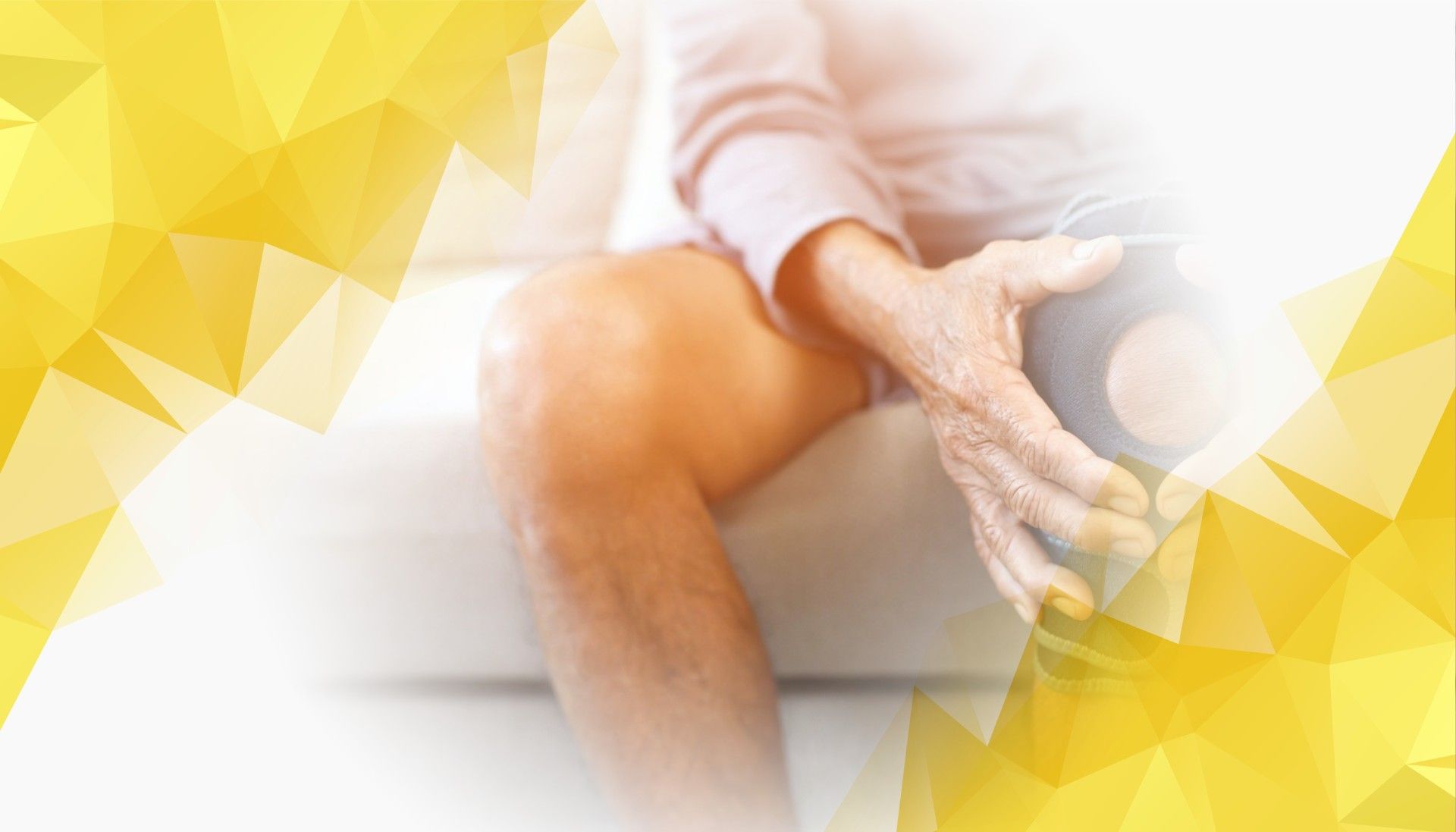Tag: MAI Motion
-

Harnessing MAI Motion to Revolutionize Knee Support in Osteoarthritis Care
Osteoarthritis of the knee is a widespread and often debilitating condition, affecting millions of people across the globe. As we age, wear and tear in the knee can lead to chronic pain, stiffness, and reduced mobility, sometimes making even simple …
-

Optimising Knee Functionality: The Role of MAI Motion in Osteoarthritis Rehabilitation
Introduction Knee osteoarthritis is a common condition that affects millions worldwide, often resulting in pain, stiffness, and difficulty moving. It happens when the cartilage —the smooth, protective tissue between the bones in your knee—gradually wears away. As this cushioning erodes, …
-

Streamlined Clinical Trials: How MAI Motion Boosts Efficiency by Easing Participant Burden
Clinical trials are essential for discovering new treatments and improving patient care. However, they can also place significant demands on participants. Repeated, time-consuming physical tests often leave people feeling fatigued or overwhelmed, which may impact their willingness to continue as …
-

Transitioning to Standing: The Sit-to-Stand Test Explained – MAI Motion
Introduction Standing up from a chair is so routine that we rarely think about it—yet it’s a fundamental movement that provides important insights into our mobility and musculoskeletal health . The sit-to-stand (STS) test is widely used by clinicians and …
-

Harnessing MAI Motion for Customised Healthcare: Enhancing Precision and Personalisation in Medical Treatments
Introduction: Meeting the Growing Demand for Customised Healthcare Healthcare is rapidly shifting toward treatments tailored to the unique needs of each patient. Both patients and providers want therapies that are not only more effective but also reduce discomfort and streamline …
-

Revolutionizing Conservative Knee Treatment: How MAI Motion Elevates Osteoarthritis and Meniscus Tear Care
Introduction Knee problems such as osteoarthritis and meniscus tears impact millions of people worldwide, often causing ongoing pain , stiffness, and reduced mobility . These issues can make everyday tasks—from walking to climbing stairs—a real challenge. While traditional treatments have …
